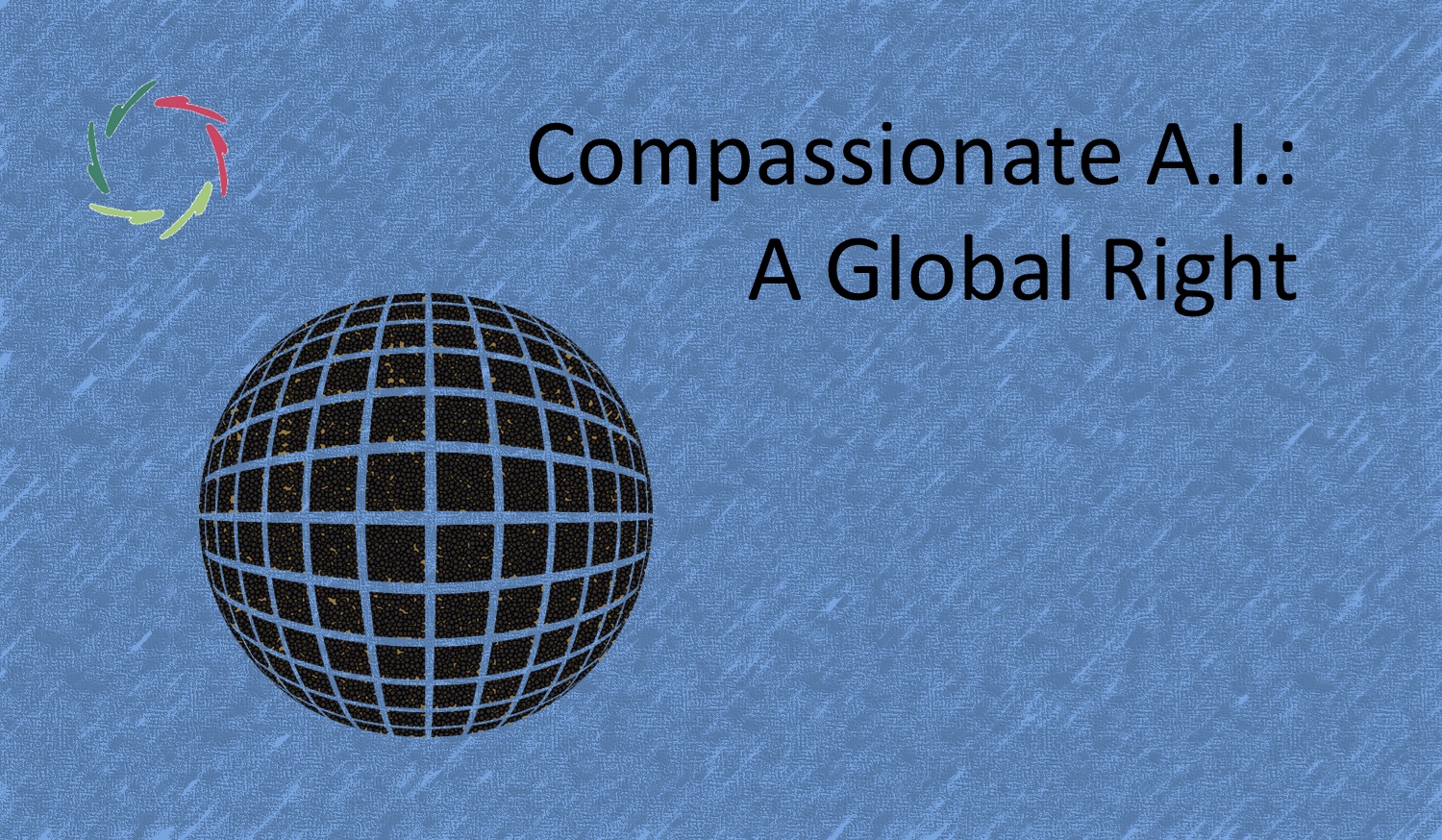Can Compassion Draw Us out of Decadence?

Worldwide, people have been struggling, are struggling, and will do so even more regarding a sense of decadence. That is a bad omen for things to come, but there is a way out.
Etymologically
‘Decadence’ comes from the Medieval Latin decadentia = decay. This comes from the Latin decadere = de (down) + cadere (to fall). Thus: to fall down from a better state.
The underlying idea is that good things have been lost. A ‘decadent culture’ is one that has lost its strong cultural values ― whether or not they have ever existed, much being in the eye of the beholder. Sounds familiar nowadays? Note that this currently plays a substantial role in several geopolitical issues, one of them being fought (in a real war with real children and other casualties) in my home continent Europe.
Meaning-related
People need deep meaningfulness to thrive mentally. A lack of depth can meaningfully be seen as a symbolic (but surely present) ‘void’ that people try to fill with much superficial stuff. The inability to do so leads to decadent behavior that makes nobody really happy, and even damages many.
Any culture that wants to survive must take care of this, one way or another. Usually, some grand narrative does the trick. Note in this that people don’t specifically need the narrative, but the meaningfulness it carries. In many parts of the world, religion brings such a narrative. It’s a win-win: a) People get a profound narrative – and sense of meaningfulness – in a relatively straightforward manner, and b) The culture flourishes by seeing people flocking together within the culture-bound narrative.
Looking at it from such a broad perspective, one can see this as positive or, well, less positive. Eventually, doesn’t the narrative also need to be a veridical one? We’ll come to that.
The quality of the narrative
In respect to meaningfulness, some narratives are qualitatively better than others. In my view, this depends mainly on the degree to which a specific culture uses its narrative(s) to profoundly support individuals or to merely bind them together. Support and coercion are very different ways to get people’s noses in the same cultural direction. Most cultures work with a mix of both.
Needless to say which one I prefer, but the second one is frequently the most salient. Unfortunately, it is the easiest to accomplish, especially with little insight.
When the narrative tumbles
Humans – as any other complex organisms – resist coercion from the inside out. With too harsh coercion, any complex organism will physically and mentally decay. Thus, decadence shows its ugly face through cracks in a rather coercion-based narrative in many cases even while the latter is still largely present. People start behaving inhumanely – decadently – superficial. One may see this as a forebode for the breakdown of the cultural narrative(s).
When for any reason, core narratives tumble, we’re in for the risk of even more decay ― say, decadence. An immense challenge of the present age is that rationality and science increasingly make prior narratives more difficult to sustain. That should not come as a surprise since many of them are not veridical.
Of course, we should not – and will not – return to a pre-scientific age. The Jinn is out of the bottle, forever, and performs ever more miracles whether we like it or not. More narratives will tumble; more cultures will fall into decadence. The West may be at the forefront, but the happening concerns the whole planet sooner or later. All cultures are bound to run the risk of decadence together with a string of meaning crises. Few have not already felt the sting.
So?
So, we finally come to the title of this text. That is, Compassion, Basically. I think this is the remedy against decadence that we direly need, bringing meaningfulness most openly ― no detour along any non-sustainable narrative.
It’s a very grand idea. Compassion is no straightforward narrative ― at least nowadays. Many other narratives of past and present make things even more challenging. It’s as if one needs to come down a (comfortable but unsustainable) ladder of little meaning to find another, much bigger one. Moreover, most people seem to be leading their lives on many meager ladders in a continual fight with others, aggressively holding on to little for not seeing much.
Is it possible to transform the ladders themselves ‘from the inside out’? Believe it or not, this question has haunted me for almost 50 years. Then, as now, I have been thinking it’s possible to even make Compassion the certain future. But easy? No!!
So, let’s strive for the day on which worldwide Compassion seems to always have been most obvious. What are we waiting for?


